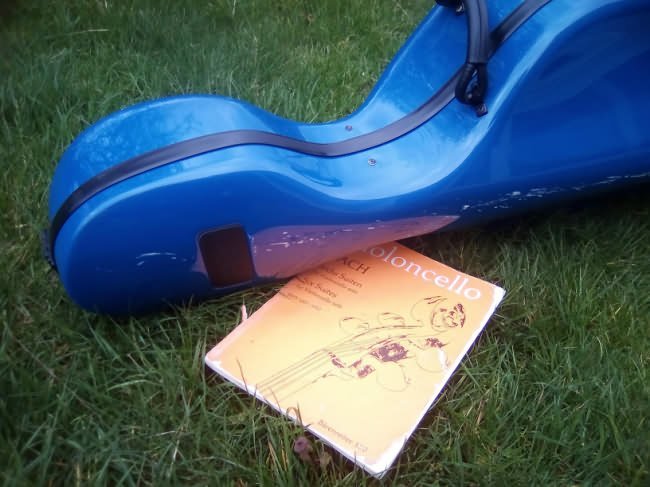Hexagram 56 in trigrams
Fire on the mountain The trigrams of Hexagram 56 show inner mountain and outer fire. The picture, for me, suggests the nomads’ campfire. It has limited fuel and a limited duration, and the travellers will need to resolve any disputes before the ashes are cool, so they can move on… Read more »Hexagram 56 in trigrams














